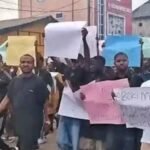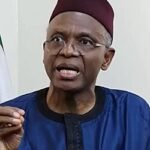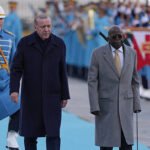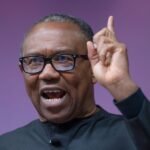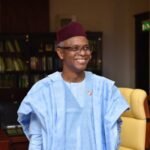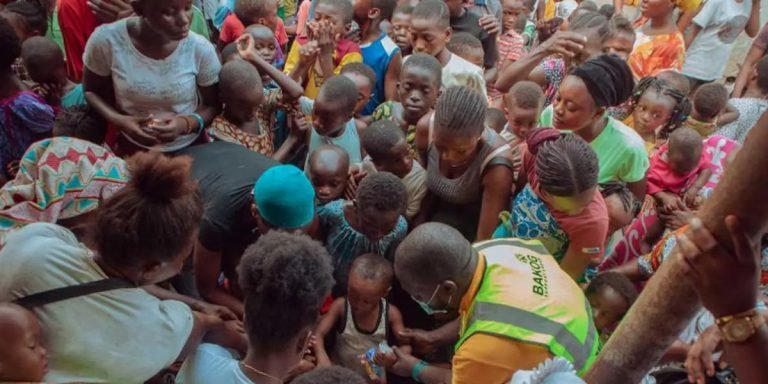ByTemitope Hassan
The World Bank’s latest Africa’s Pulse report has projects a grim future for Nigeria, with poverty expected to rise by 3.6 percentage points by 2027.
Released during the IMF and World Bank Spring Meetings in Washington, DC, the report cites Nigeria’s reliance on oil, economic fragility, and governance challenges as key drivers.
It highlights the country’s structural economic weaknesses, dependence on oil revenues, and national fragility as key barriers to meaningful poverty reduction.
According to the World Bank, Nigeria’s 19% share of this figure means over 106 million Nigerians live in extreme poverty.
This translates to about 15% of the entire world’s poorest people, highlighting the depth of the poverty crisis in Africa’s largest economy.
Other countries with high concentrations of extreme poverty in the region include the Democratic Republic of Congo (14%), Ethiopia (9%), and Sudan (6%). Together with Nigeria, these four countries host half of sub-Saharan Africa’s poor.
“Sub-Saharan Africa has the highest extreme poverty rate globally, and the large share of the poor is concentrated in a few countries,” the World Bank noted.
In stark contrast, South Asia accounted for 8% of the world’s extremely poor population, East Asia and the Pacific 2%, the Middle East and North Africa 5%, and Latin America and the Caribbean 3%.
The World Bank attributes the rising poverty in Nigeria and similar economies to weakening oil prices and fragile governance structures, noting: “This follows a well-established pattern whereby resource wealth combined with fragility or conflict is associated with the highest poverty rates, averaging 46% in 2024, which is 13 percentage points higher than in non-fragile, resource-rich countries.”
Meanwhile, non-resource-rich countries in Africa are experiencing stronger economic growth and faster poverty reduction, buoyed by high agricultural commodity prices and more resilient fiscal policies.
To reverse Nigeria’s downward poverty trend, the World Bank recommends reforms that prioritize inclusive economic growth and stronger public financial management.
It calls on the government to focus on “improving fiscal management and building a stronger fiscal contract with citizens to promote inclusive economic development and long-term poverty alleviation.”
Courtesy: Intel Region News



